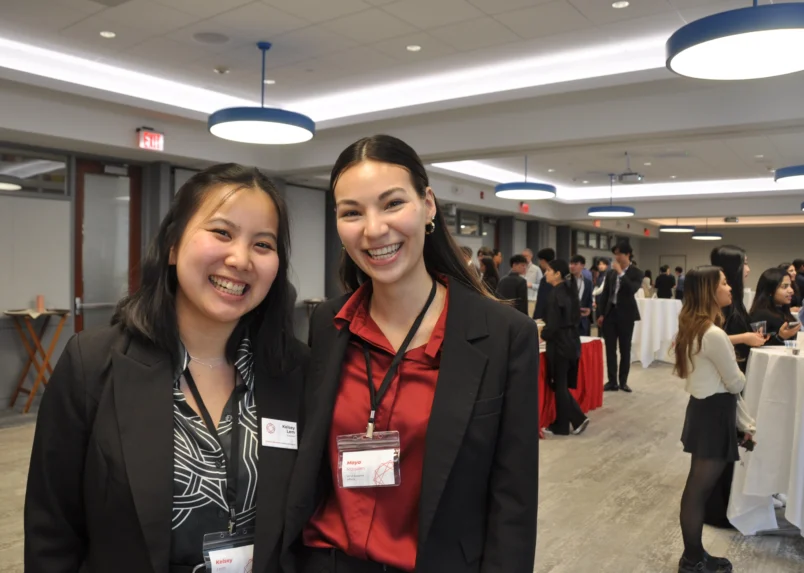Questrom Coffee Chats – Washington, DC
Thursday, July 17
12:00 PM
Boston University Consulting Group’s Annual Spring Mixer brought together students, alumni, and industry professionals for an engaging afternoon of networking and insight-sharing.

Our digital hub for relevant, thought-provoking ideas on emerging business topics.